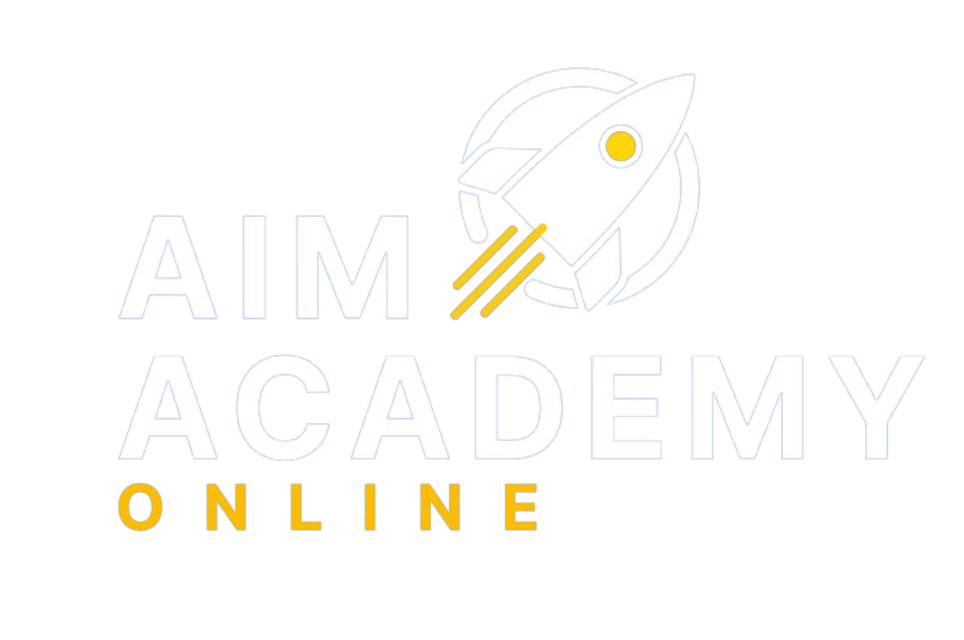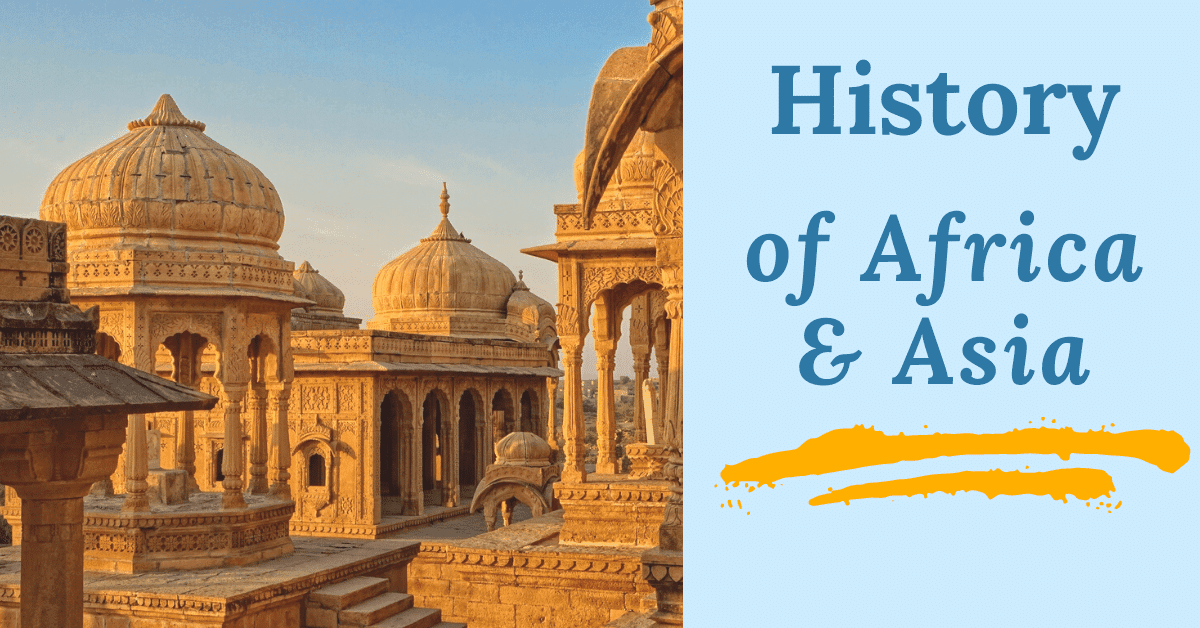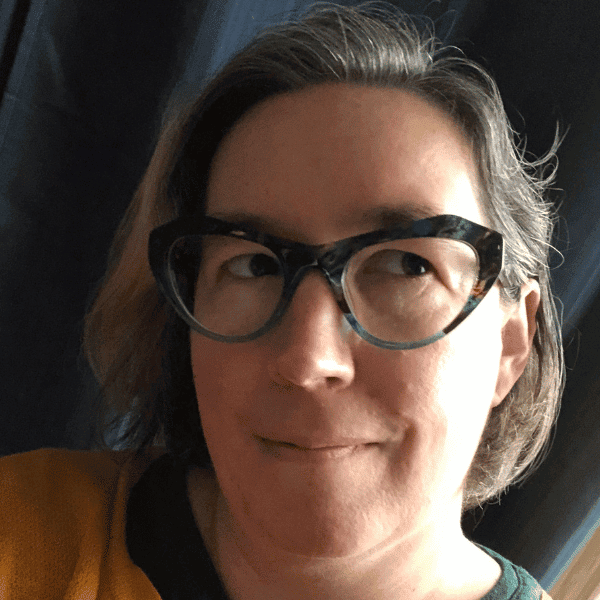Course Description
This is a full-year course providing 1 credit in History. This course may also be taken by semester (0.5 credit each semester), with the History of Africa and the Middle East covered during the first semester and the History of Asia covered during the second semester.
Would your student like to center their education on world history in a different way? This course explores the history of Africa and Asia. We’ll learn about the history of great ancient civilizations, from the early Mesopotamians and Egyptians to the mysterious Indus River Valley people and the first Han Chinese dynasties. In addition, we’ll look at the development of trade networks across Africa and the Indian Ocean and how they created enormous wealth and power in the medieval world. Students will also learn about the rise of Islam and the ways its spread influenced history. We’ll examine the different ways that the clashes between Europe and its neighbors played out in Africa, the Middle East, India, China, Japan, and Southeast Asia. Finally, we’ll look at the roots of contemporary conflicts and issues across the continents.
This course is centered around engaging with a variety of different sorts of texts, including films, memoirs, graphic novel memoirs, primary sources, and secondary sources. While our class will include lecture and note taking practice, my emphasis is on class discussion and participation. Learning happens outside the class when students read and watch videos. Processing that information happens in the classroom when we discuss, synthesize, and prepare for written assignments.
Course Structure
This course has four units: Africa, the Middle East, South Asia, and East Asia. Each unit will cover the basic geography, religions, and cultures of the region and the history from prehistoric times to the present or recent past, meaning that we’ll have a chance to see themes repeated and find connections as we make our way through history four times.
Each unit contains:
-
-
-
-
-
-
- A nonfiction history book (there are two short books for the East Asia unit)
- One or two memoirs
- A film
- An essay assignment
- A map quiz
- Weekly history questions that practice close reading and summarizing skills
- Additional readings and short summary video links, including short primary source readings, provided by me
-
-
-
-
-
Who should enroll?
Students in grades 9-12 who are:
-
-
-
-
-
-
- Interested in history, especially students interested in getting a different view of history than is usually explored in high school history classes
- Interested in a world history course that is not centered on the Western world
- Interested in honing their nonfiction reading and writing skills or students who enjoy memoirs and nonfiction graphic novels
-
-
-
-
-
Technology Requirements
-
-
-
-
-
-
- High speed, broadband Internet
- Sound card and microphone (for live sessions)
- Streaming video capabilities to watch recorded lectures and weekly short video assignments
- Students may be asked to scan or take pictures of certain assignments for submission
-
-
-
-
-
Evaluation and Feedback
My goal as an educator is always to help your student move forward in their skills with reading, writing, and critical thinking, especially as applied to history. Students start in different places. This is why I give extensive feedback on key writing assignments and make myself available to talk students through tricky assignments if they ask for help. It’s also why I give marks for class participation. The back and forth of the classroom is a big part of how we learn. Students who are less comfortable speaking up in class will have ample opportunities to participate in writing and other ways.
Rubrics are provided for all writing assignments. Grades reflect class participation, writing assignments, short answer questions, and map quizzes.
Communication
Communication is through Canvas. Parents and students are encouraged to reach out with any questions. Additionally, I provide a short narrative progress report at the end of each quarter.







Reviews
There are no reviews yet.